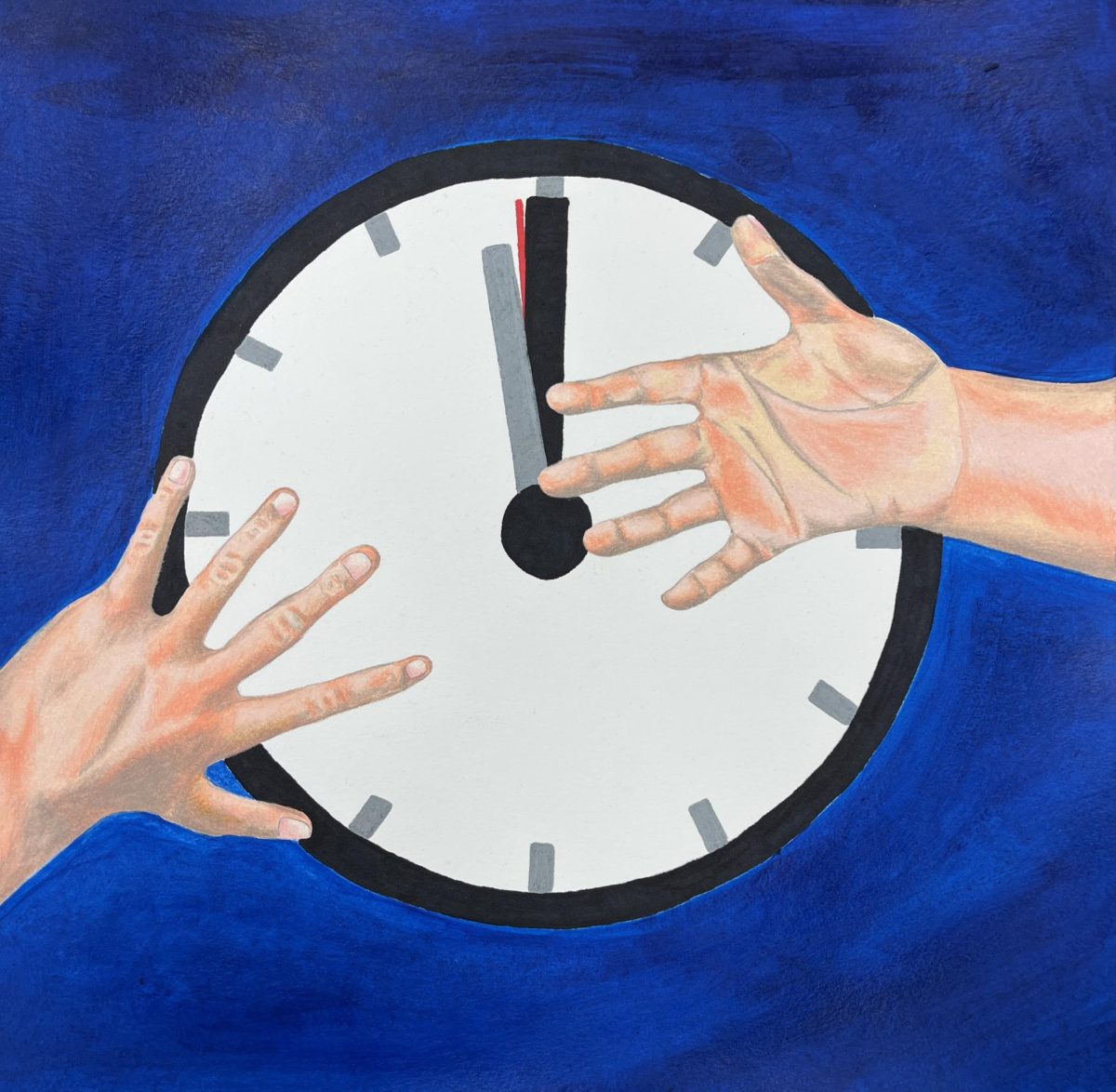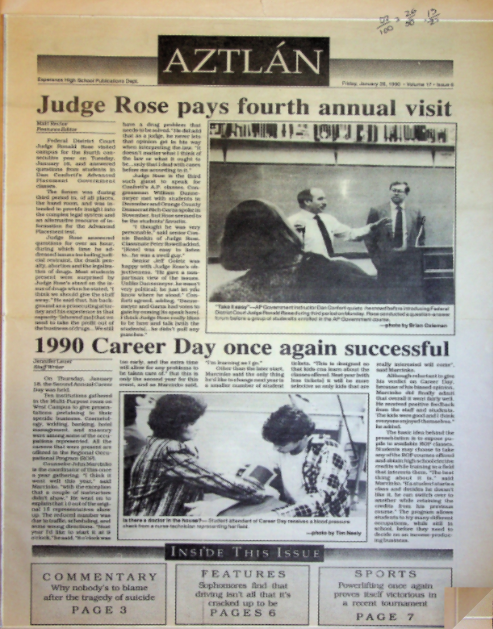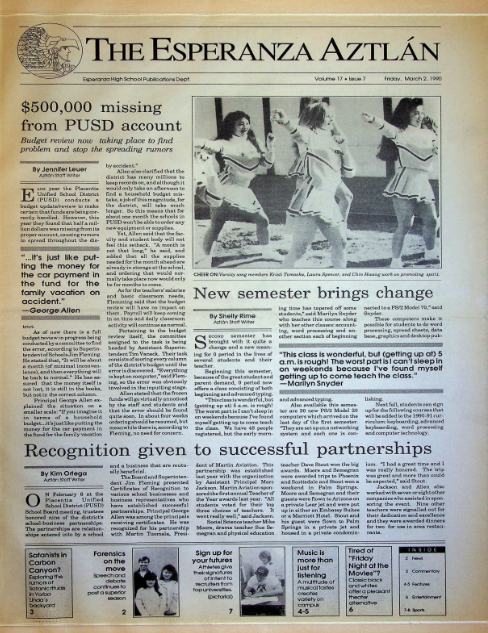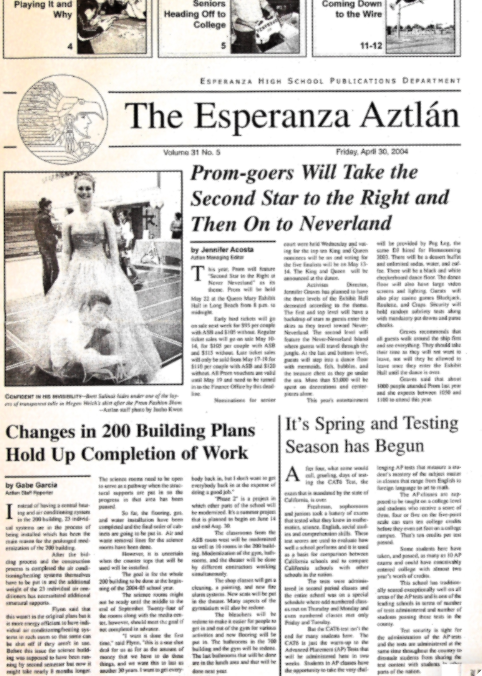What is Systematic Racism?
“Although slavery may have been abolished, the crippling poison of racism still persists, and the struggle still continues,” Harry Belafonte.
It is extremely vital that we educate ourselves about systematic racism so that we can recognize it in our society and therefore end it to create a stronger and more unified nation. According to aspeninstitute.org, structural racism (synonymous with systematic racism) is, “A system in which public policies, institutional practices, cultural representations and other norms work in various, often reinforcing ways to perpetuate racial group inequity.”
The structural racism in the United States stems from when slavery was actively occurring and when there were Jim Crow Laws that legalized racial segregation. In the 1930s, a practice called redlining was introduced. Redlining is when a given area on a map is outlined in red to discourage banks to approve mortgages of those attempting to buy a house within these boundaries. It very often negatively affected people of color. Although the 13th Amendment abolished slavery in 1865 and redlining was abolished in 1968, our country still withholds racists practices. This is evident with implicit bias. Implicit bias is, “When we have attitudes towards people or associate stereotypes with them without our conscious knowledge,” according to perception.org. Examples include ‘Black people are criminals’, ‘Asians are good at math’ and ‘Women are emotional’. What we must realize is that these phrases aren’t funny nor acceptable and actually reveal the systematic racism that has been exposed to us.
Our country has a responsibility to reach racial equity and truly live up to our Declaration of Independence’s famous phrase: “We hold these truths to be self-evident, that all men are created equal.” One of our national values we pride ourselves on is giving everyone the opportunity to succeed. If this is so, we must provide more education, more wealth opportunities, better health care, fairer criminal justice trials and more political representation. The reality is that colored people are given lesser opportunities and are still being discriminated against.
Denying that systematic racism has made its way into our melting pot is the first problem. Step back and reevaluate what you have been accustomed to think. Then, educate yourself on the numerous ways colored people have the disadvantage in our so-called ‘land of the free’.











































